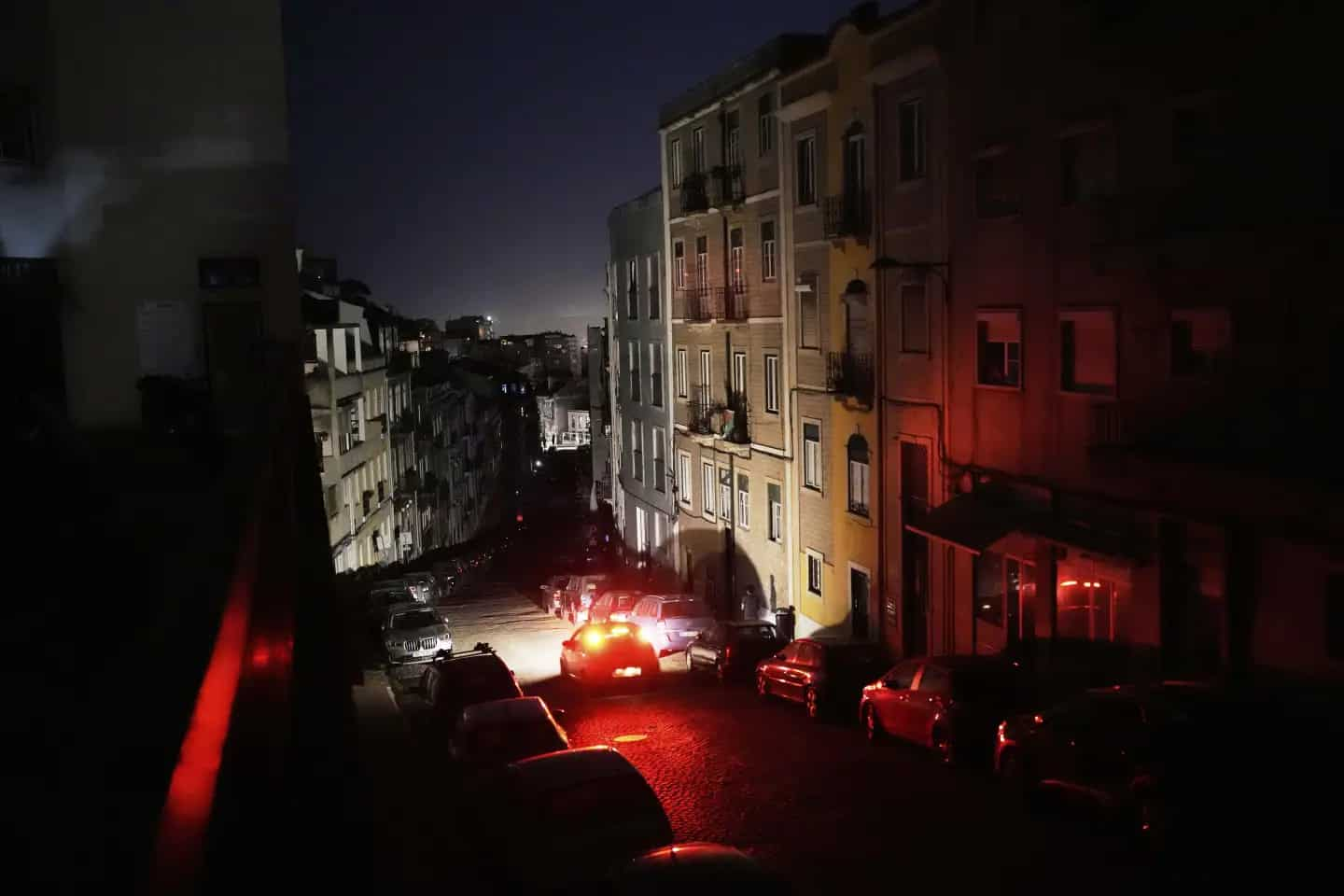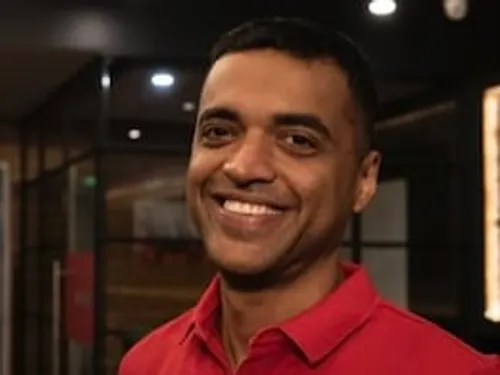Spain and Portugal were thrown into turmoil on Monday as a massive and unexplained 12-hour power outage crippled much of the Iberian Peninsula, halting subways, grounding flights, knocking out phone service, and bringing daily life to a standstill for millions. Both countries have declared a state of emergency as efforts to restore full electricity supply continue.
Spanish Prime Minister Pedro Sánchez said nearly 50 per cent of Spain’s electricity supply had been restored by late Monday. However, he admitted authorities still could not guarantee when power would return to normal across the nation.
‘Something that has never happened before’
“This is something that has never happened before,” Sánchez said. “To give you an idea, 15 gigawatts of power — about 60 per cent of the country’s demand at that time — were lost suddenly.”
The blackout impacted major cities including Madrid and Lisbon. In Spain, regions experienced varying recovery rates — with some autonomous communities reaching 97 per cent restoration, while others remained below 15 per cent, Sánchez said.
Power distributor Red Eléctrica reported that restoring electricity could take between six and ten hours. However, the company declined to comment on the cause of the outage, which remains unclear. Spanish public broadcaster RTVE showed graphs indicating a steep drop in electricity demand around 12:15 pm local time, from 27,500MW to nearly 15,000MW.
Amid widespread speculation, Portugal’s National Cybersecurity Center confirmed there were no signs of a cyberattack. Portuguese distributor E-Redes said the outage was due to “a problem with the European electricity system,” according to Portuguese newspaper Expresso.
Flights, metros, courts, ATMs disrupted as blackout halts daily life
The blackout disrupted life for more than 50 million residents across both countries:
– Subway services in Madrid, Barcelona, and Lisbon ground to a halt, forcing evacuations from underground stations.
– Airports in Spain operated on backup power, delaying flights in Madrid and Barcelona. In Lisbon, airport terminals were shut as passengers waited outside in uncertainty.
– Traffic lights stopped working, prompting authorities to deploy police to direct vehicles manually and urging citizens to limit road travel.
– Telephone and internet services were patchy, with citizens scrambling to find working networks.
– Businesses shuttered, courts suspended operations, and ATMs and electronic payment systems failed.
– Hospitals and emergency services switched to generators to maintain operations.
– Gas stations across Portugal were unable to function, and stores selling generators in Spanish towns quickly ran out of stock.
“We haven’t seen any plane arriving or departing in the 50 minutes we’ve been waiting here,” Dutch tourist Marc Brandsma told The Associated Press. In Madrid, even Spain’s Parliament and the newsroom of public broadcaster RTVE were plunged into darkness. At the Madrid Open tennis tournament, play was suspended mid-match.
Spain’s National Security Council held an emergency meeting on Monday, while the Portuguese Cabinet convened at the Prime Minister’s residence to assess the situation.
Portuguese Cabinet Minister Leitão Amaro said preliminary indications pointed to a failure in Spain’s electricity distribution network, though investigations were ongoing.
As of late Monday night, authorities remained cautious about declaring victory over the crisis. Prime Minister Sánchez stressed that while partial recovery was underway, full normalcy could take more time. Authorities in both nations are expected to provide a detailed update by Tuesday morning.
(With inputs from agencies)
Anurag Dhole is a seasoned journalist and content writer with a passion for delivering timely, accurate, and engaging stories. With over 8 years of experience in digital media, she covers a wide range of topics—from breaking news and politics to business insights and cultural trends. Jane's writing style blends clarity with depth, aiming to inform and inspire readers in a fast-paced media landscape. When she’s not chasing stories, she’s likely reading investigative features or exploring local cafés for her next writing spot.






